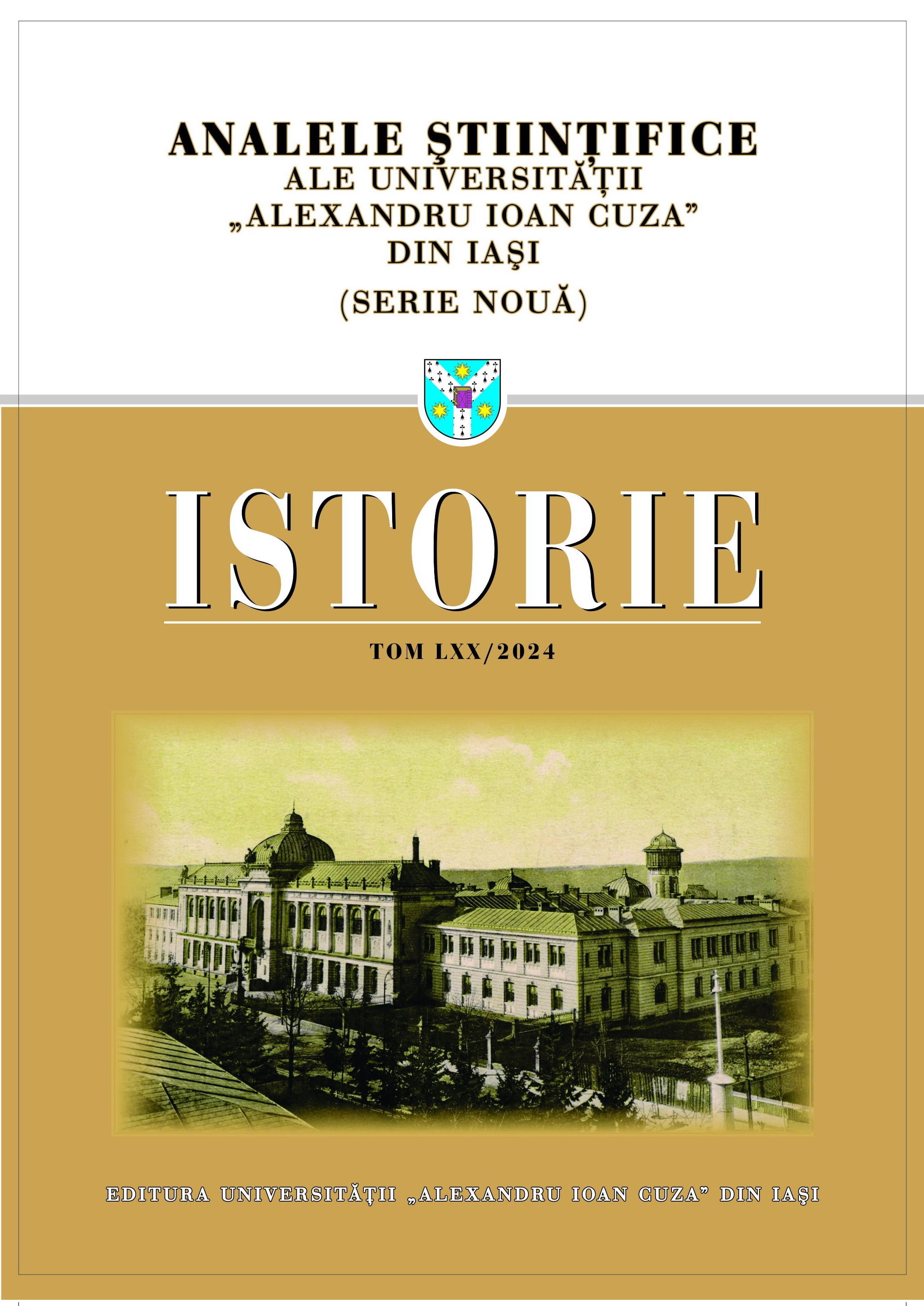Politisation du serment consulaire roumain dans
l’entre-deux-guerres. Etude de cas: l’Allemagne nazie
The politicization of the Romanian consular service between the wars. Case study: Nazi Germany
Author(s): Elinor Danusia PopescuSubject(s): History, Diplomatic history, Political history, Interwar Period (1920 - 1939), Fascism, Nazism and WW II, History of Antisemitism
Published by: Editura Universităţii »Alexandru Ioan Cuza« din Iaşi
Keywords: anti-Semitism; consular oath; consular corps; Great Romania; international relations; interwar; Nazi Germany;
Summary/Abstract: The consular oath is the institutionalized reflection of a particular state function, linking public authorities and civil society. But it is also a marker capable of recording political developments, especially when anti-system parties demanding faith and obedience from their militants, manage to seize power and imprint the seal of their ideology on the practices and formulas of the State. From 1933, the oaths became rarer, even if the Romanian consular corps adapted to the new situation by gradually eliminating consuls of Jewish origin. From 1938, the text itself changed and in 1940, the oath was signed in the presence of a priest.
Journal: Analele Ştiinţifice ale Universităţii »Alexandru Ioan Cuza« din Iaşi. Istorie
- Issue Year: 2024
- Issue No: 70
- Page Range: 75-82
- Page Count: 8
- Language: French
- Content File-PDF

